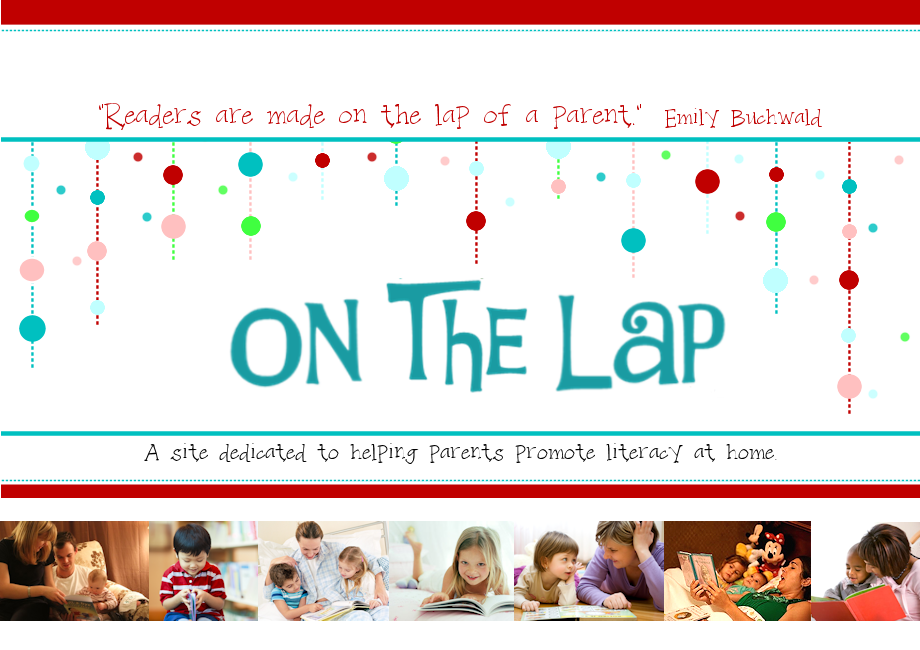I picked up a book out of a discard pile from a local library the other day called "A Parents Guide to Children's Reading" by Nancy Larrick 4th ed, 1969 It is obvious why I picked up the book and brought it home. The very first paragraph in the very first chapter disturbed me to no end. I'm sure it will you too.
Many children are already on the road to reading failure when they enter first grade. No matter what the teacher does, no matter which teaching method is used, it will be impossible for some children to catch up. They may remain reading cripples all through school because of what they did not get before they came to school.
You can see why I thought this first paragraph was disturbing. I am here to tell you that there is not one statement that is true from the information that the author wanted to impress upon us. All children can learn to read no matter the difficulties they are having, as long as someone is willing to help and encourage them to be successful. An excellent example of predictors for children that will have reading difficulties is given by the National Research Council.
Children who are particularly likely to have difficulty learning to read in the primary grades are those who begin school with less prior knowledge and skill in certain domains, most notably letter knowledge, phonological sensitivity, familiarity with the basic purposes and mechanisms of reading, and language ability (not verbal).
The third paragraph by Larrick went on to say..."Thus, parents are the major influence in a child's development as a reader." This statement, without a doubt is true. This is true because when your child enters school he child can build on the foundation he has gotten at home. The broader, thicker, & stronger the foundation, the more your child can build upon that as opposed to a weak, thin, narrow foundation as a reader.
I am starting this series on how to prevent reading difficulties, it does not include those children who already are struggling. This is all about prevention. However, many of the ideas that are used in prevention can be applied to struggling readers. Read along with me as I propose, based on research, ideas that you can do at home to improve your child's chances of avoiding reading difficulties. Give the challenges a try and here's the first.
Challenge #1:
Spend more time with your child. Turn off the computer, television, game systems, etc. Talk to your child. A strong foundation of language at an early age is important. You are increasing your child's vocabulary every time you have a meaningful conversation, share a story about your day or read a book. It's not about hearing words, it's about using them. Conversations build confidence.


No comments:
Post a Comment